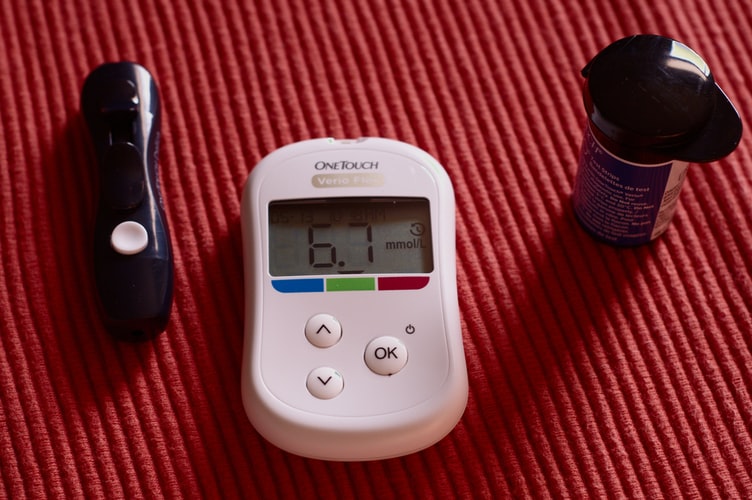Breaking Down Medicare, Medicaid, and Medigap

Being over 60 means that you’re more vulnerable to the general wear and tear of the body as well as health complications. It’s a good time to evaluate how you can take better care of your health and be prepared in case you fall ill. Of course, prioritizing diet and exercise is a great start.
However, you also need to choose an affordable health care policy. If you’re unsure about where to start looking for one, this guide can help break it down.
If you’re over 65, you’re eligible for Medicare, a government-run health insurance program for seniors. Medicare comprises four distinct parts: Parts A, B, C, and D. Original Medicare (Parts A and B) cover free hospital expenses and reduced costs on doctors’ visits, lab screenings, and preventative tests. Medicare Advantage (Part C), is provided by private insurers but plans are regulated by the government. These kinds of plans cover both Parts A and B and D and address gaps in Original Medicare such as Dental Care and Vision. Medicare Part D covers the cost of prescription drugs and is often bought as an add-on to Original Medicare. If you are under 65 but have disabilities, ALS (Lou Gehrig’s disease), or end-stage renal disease, you are also eligible for Medicare. Though costs vary depending on the type of plan, Medicare plans have a monthly premium and other forms of cost-sharing. Keep in mind that Medicare Part A and B is not enough to meet all your healthcare needs.
If you can’t afford a Medicare Advantage Plan (Part C), consider looking at Medigap plans. These are state-regulated policies that supplement Parts A and B.
You might also be eligible for Medicaid, a health insurance program run jointly by states and the federal government. Qualifying criterion for Medicaid includes income, size of family, disability, and family status. Your home state determines the terms of the plans on offer and whether you have access to preventative care, vision care, and other conditions. Some seniors may qualify for both Medicare and Medicaid, which helps them meet their healthcare expenses.
You can apply for Medicaid year-round, but Medicare applicants have to wait until the initial enrolment period, the general enrolment period of the special enrolment season to apply.





